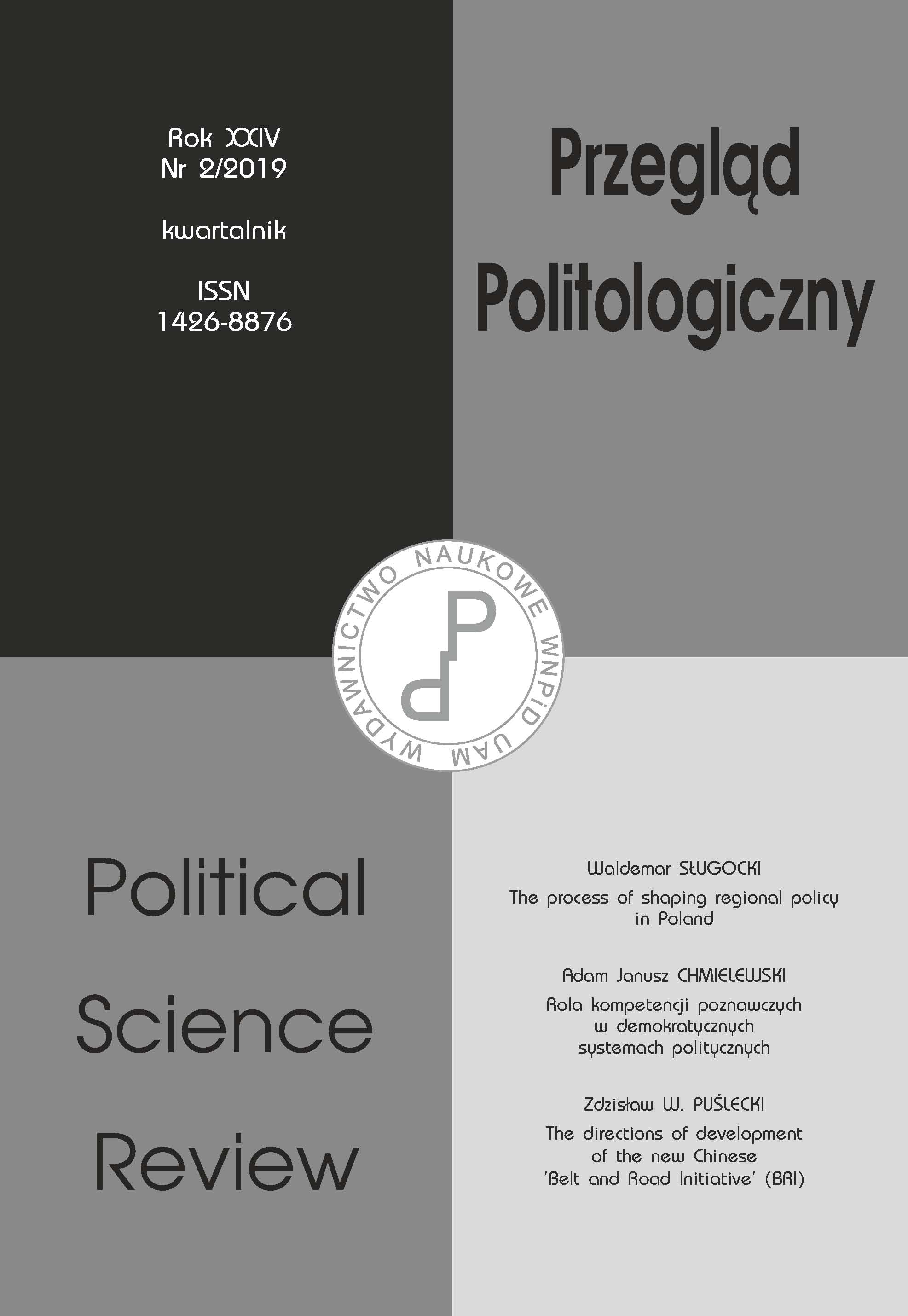Language Policies as an Instrument of Shaping and Rhetoricizing Mutual Relations in the Post-Soviet Region
Language Policies as an Instrument of Shaping and Rhetoricizing Mutual Relations in the Post-Soviet Region
Author(s): Bartosz HordeckiSubject(s): Politics, Public Administration
Published by: Uniwersytet Adama Mickiewicza
Keywords: Language policy; rhetorical aspects of language policy; the Post-Soviet Region; the specificity of language policies in the Post-Soviet Region; polityka językowa;
Summary/Abstract: The post-Soviet region is inhabited by communities using a high number of languages anddialects. This linguistic mosaic has been formed for millennia. Very often it turned out to be a factorseriously influencing the development of the geopolitical situation in this part of the globe. The post-Soviet region remains a space where language issues are still challenging and very sensitive.In large measure, traditional problems became more complicated during the period of the regionalexpansion of the Russian language in the nineteenth and twentieth centuries. Nowadays, states in theregion try to create more or less autonomous language policies, sometimes calculated on relieving andsometimes on fueling socio-political conflicts. Language policies often turn out to be the instrument bywhich players in the region are trying to diminish or increase the gap in mutual relations. Additionally,political solutions applied to language issues often serve as a kind of argument in the axiological rivalrybetween communities living in the area of the former USSR. The paper aims to analyze some selected aspects of these policies. It also tries to characterize ingeneral their rhetorical qualities and argumentative potential.
Journal: Przegląd Politologiczny
- Issue Year: 2019
- Issue No: 2
- Page Range: 79-93
- Page Count: 15
- Language: English

